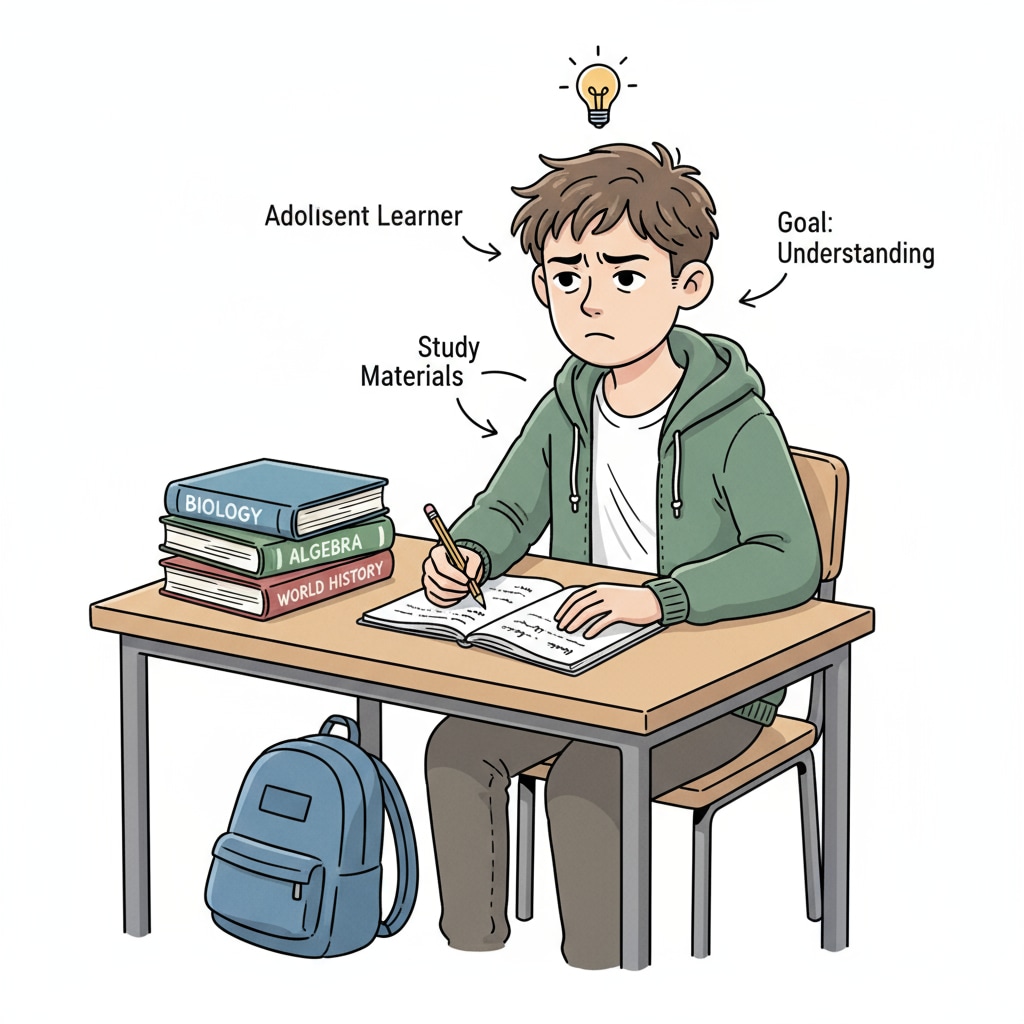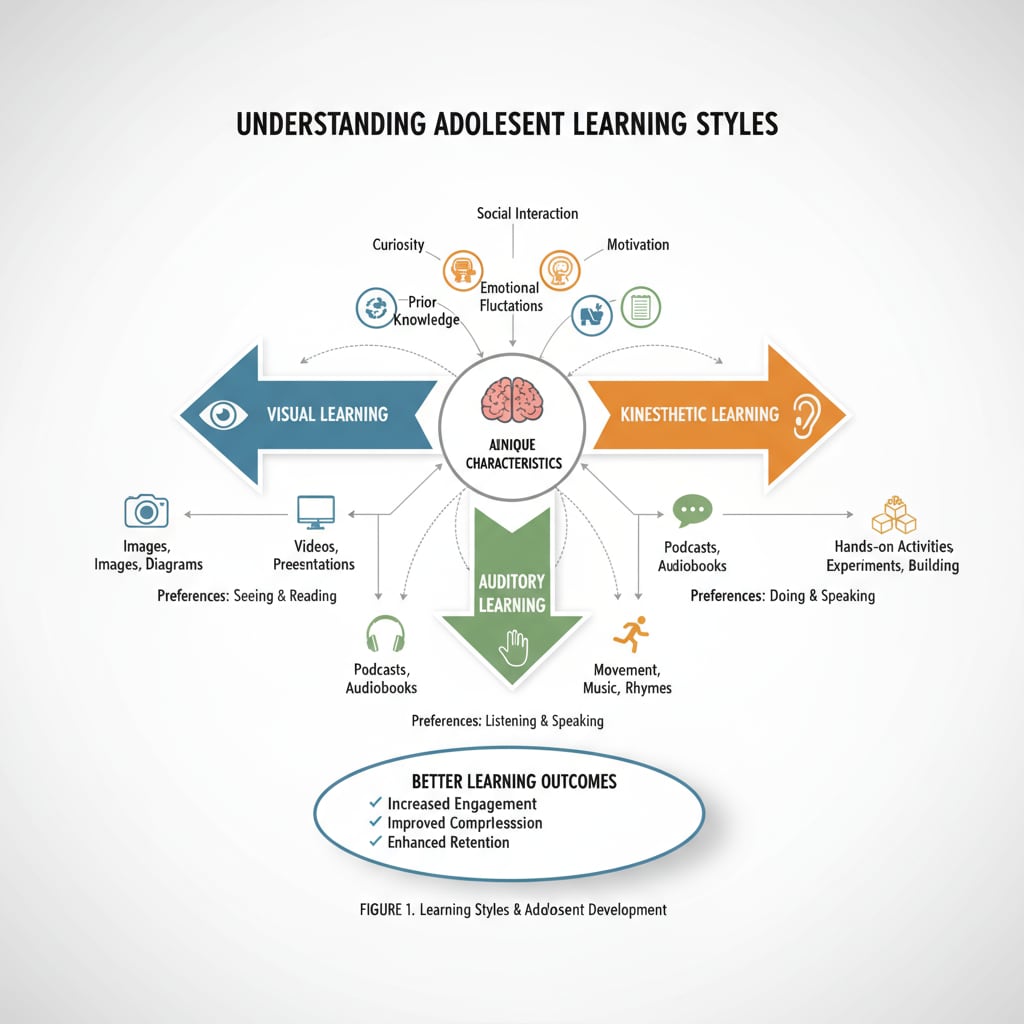Adolescents facing educational backwardness, self-discipline difficulties, especially those with ADHD, often need special guidance, and family education plays a crucial role in this process. In this article, we will explore practical ways to help these adolescents regain their confidence in learning and develop good self-discipline and academic plans.

Understanding One’s Own Characteristics
First and foremost, adolescents need to understand their own unique characteristics. For those with ADHD, it’s important to know that the condition affects their attention span, impulse control, and organization skills. According to Wikipedia’s page on ADHD, recognizing these traits is the first step in finding appropriate strategies. By understanding themselves, they can start to develop methods that work best for them. For example, if an adolescent realizes that they are more focused in a quiet environment, they can seek out such spaces for studying.

Building a Structured Learning System
Creating a structured learning system is essential for educational progress. This includes setting up a regular study schedule. For instance, allocating specific time slots for different subjects each day. In addition, using tools like planners and calendars can help them stay organized. As stated on Britannica’s page on learning, a structured environment can significantly improve learning efficiency. Having a designated study area free from distractions also contributes to better concentration.
Another aspect is breaking down large tasks into smaller, more manageable ones. This makes the learning process less overwhelming. For example, instead of trying to complete an entire project in one go, divide it into research, writing, and editing stages.
Readability guidance: Notice how we’ve used short paragraphs to present clear ideas. We’ve also provided examples to illustrate key points, making it easier for readers to understand. Additionally, we’ve included external links to reliable sources for further information.


